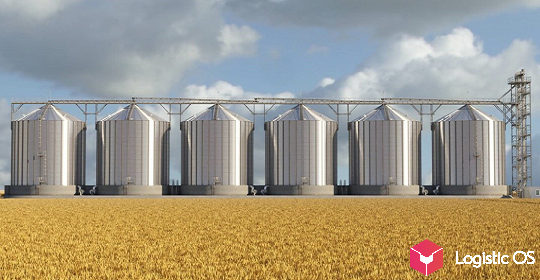Shipping companies are already canceling the calls of their ships to the port of Felixstowe.
Felikstowe is the UK’s largest container port.
Earlier, against the backdrop of rising inflation in the country, the port operator Felixstowe Dock and Railway agreed to raise the salary of the port workers by 7%, as well as to pay a one-time allowance of €500 ($590).
The workers’ union, for its part, decided that the size of the indexation was not enough, since in July inflation showed a record figure for 40 years: 10.1%.
No agreement was reached between the union and the port operator, resulting in 1,900 port workers out of 2,500 going on an eight-day strike.
The average salary in the port is €43,000 per year. The strike was supported by crane operators, dock workers and longshoremen.
About 48% of all containerized cargo arrives in the UK through the port of Felixstowe.
The shutdown of the world’s largest container port could seriously disrupt shipping and road logistics and disrupt trade by £700m.
Companies such as the supermarket chain Asda, clothing stores John Lewis, Tesko and Marks &Spencer.
Industrial companies that supply spare parts and export products are also at risk: Rolls-Royce, Jaguar, Land Rover, equipment suppliers JCB and RS, spirits manufacturer Diageo and pharmaceutical company GSK.
Shipping companies are changing ports of call for their ships: for example, the shipping company Maersk redirects cargo to the ports of Antwerp, Le Havre and London Gateway on the Thames.
The ongoing strike at the Port of Felixstowe further complicates the situation with congestion in ports associated with delays in work provoked by the pandemic.
The West stepped up sanctions pressure on Russia after the start of a special operation in Ukraine in February 2022.
The result was a massive disruption to supply chains, which in turn pushed up fuel and food prices in Europe and the US.
In the UK, the rise in the cost of living has affected almost every household.
Amid rising inflation, the Bank of England raised its base interest rate to a record high: from 1.25% per annum to 1.75% per annum (by 50 basis points).
This is the first time such a global increase has occurred since 1995.
At the moment, the rate is at the maximum level since December 2008 (in 2008 the rate was 2%).
According to the forecasts of the Bank of England, from the fourth quarter of 2022, the UK economy will enter a period of recession.
By the end of July (according to the country’s Bureau for National Statistics), inflation in the UK rose to 10.1% from 9.4% in June (record levels since 1892).
From 18 to 20 August 2022, several thousand bus drivers, railway workers and London Underground workers went on strike in the country, which paralyzed traffic in London.

